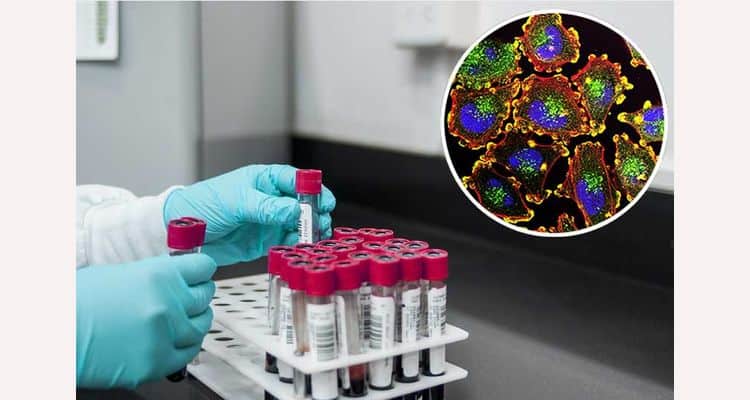Oncology tests market in Japan to reach $30 million through 2033, forecasts GlobalData
Research reveals that Japan’s oncology tests market to account for over 33 per cent of the Asia-Pacific (APAC) market in 2024
Cancer continues to be a major public health issue in Japan. This high incidence is attributed to specific dietary habits and increased cigarette smoking. Against this background, the oncology tests market in Japan is expected to reach $30 million through 2033, forecasts GlobalData.
GlobalData’s research reveals that Japan’s oncology tests market to account for over 33 per cent of the Asia-Pacific (APAC) market in 2024. This growth underscores the increasing importance and demand for advanced diagnostic and monitoring technologies in the oncology market.
Nandini Nagpal, Medical Devices Analyst at GlobalData, states, “For cancer patients, delay in diagnosis and therapeutic follow-up can lead to significant tumour growth and potentially lead to fewer alternatives for effective treatment. Additionally, problems such as low sensitivity and inadequate diagnostic accuracy make standard screening methods, including imaging tests and endoscopic examinations, less effective.”
MiRXES Japan, a fully owned subsidiary of MiRXES, recently received a grant of up to JPY20 million ($172,000) from the Japan External Trade Organisation (JETRO) under their “Subsidy for Projects to Stimulate Direct Investment in Japan” program. This grant will support the establishment of testing facilities, the transfer of testing technology to Japan, and the evaluation of its effectiveness.
In collaboration with Nagawa Pharmaceutical, MiRXES aims to develop and validate a novel non-invasive cancer biomarker screening test. By introducing MiRXES’ RNA technology to Japanese laboratories, this initiative will enhance access to the company’s flagship products, GastroClear and LungClear.
“Japan has launched several programs, such as the Basic Plan to Promote Cancer Control Programs, to address the rising cancer incidence. Increasing the number of screening options available will help with early diagnosis, increase screening rates, and eventually improve cancer survival rates and management in Japan,” adds Nagpal.
- Advertisement -


